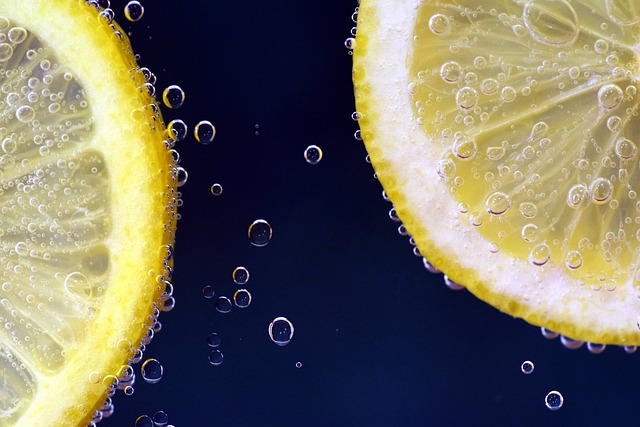Fruits and Vegetables for Parrots: Safe Options


Fruits
When it comes to feeding your parrot, incorporating a variety of fruits into their diet is a great way to provide them with essential nutrients and keep them happy and healthy. However, it's important to note that not all fruits are safe for parrots to consume. Some fruits can be toxic or harmful to their digestive system. To ensure the well-being of your feathered friend, here are some safe fruit options that you can offer:
Bananas: Bananas are a favorite among parrots. They are rich in potassium, vitamin C, and vitamin B6. You can offer them small slices or mash them up for a tasty treat.
Apples: Apples are another safe fruit for parrots. They are a good source of fiber and vitamin C. Make sure to remove the seeds and core before offering them to your parrot.
Grapes: Grapes are a delicious and nutritious snack for parrots. They are packed with antioxidants and vitamins. Cut them into smaller pieces to prevent choking hazards.
Blueberries: Blueberries are a superfood for both humans and parrots. They are rich in antioxidants and can help boost your parrot's immune system. Offer them whole or mash them up for easier consumption.
Strawberries: Strawberries are a sweet treat that parrots enjoy. They are a good source of vitamin C and fiber. Remove the leaves and cut them into smaller pieces before serving.
Pineapple: Pineapple is a tropical fruit that parrots love. It is high in vitamin C and bromelain, which aids in digestion. Remove the tough outer skin and core before offering it to your parrot.
Mango: Mango is a delicious and nutritious fruit for parrots. It is rich in vitamins A and C. Remove the skin and pit, and offer small pieces to your parrot.
Papaya: Papaya is a tropical fruit that is safe for parrots to consume. It is rich in vitamins A and C, as well as digestive enzymes. Remove the seeds and skin before serving.
Oranges: Oranges are a good source of vitamin C for parrots. However, they should be offered in moderation due to their high acidity. Remove the seeds and offer small pieces.
Pears: Pears are a safe and tasty fruit for parrots. They are a good source of fiber and vitamin C. Remove the seeds and core before serving.
Vegetables
In addition to fruits, incorporating vegetables into your parrot's diet is essential for their overall health and well-being. Vegetables provide important vitamins, minerals, and fiber. Here are some safe vegetable options that you can offer to your parrot:
Carrots: Carrots are a crunchy and nutritious vegetable for parrots. They are rich in beta-carotene and vitamin A. Offer them in small, bite-sized pieces.
Broccoli: Broccoli is a nutrient-dense vegetable that is safe for parrots. It is packed with vitamins A, C, and K. Offer them small florets.
Peppers: Peppers, such as bell peppers and chili peppers, are safe for parrots to consume. They are a good source of vitamin C. Remove the seeds and offer them in small pieces.
Spinach: Spinach is a leafy green vegetable that is beneficial for parrots. It is rich in iron, calcium, and vitamins A and K. Offer it in small amounts as part of a balanced diet.
Kale: Kale is another leafy green vegetable that is safe for parrots. It is packed with vitamins A, C, and K, as well as calcium. Offer it in moderation as excessive consumption can lead to thyroid problems.
Zucchini: Zucchini is a mild and hydrating vegetable that parrots can enjoy. It is a good source of vitamins A and C. Offer it in small slices or cubes.
Cucumbers: Cucumbers are a refreshing vegetable that parrots can eat. They are hydrating and low in calories. Offer them in small slices or cubes.
Corn: Corn is a safe vegetable for parrots, but it should be offered in moderation due to its high sugar content. Remove the kernels from the cob and offer them as a treat.
Green beans: Green beans are a nutritious vegetable for parrots. They are a good source of fiber and vitamins A and C. Offer them in small, bite-sized pieces.
Squash: Squash, such as butternut squash or acorn squash, is safe for parrots to consume. It is rich in vitamins A and C. Offer it in small, cooked pieces.
Remember to always wash fruits and vegetables thoroughly before offering them to your parrot. Introduce new foods gradually and observe your parrot's reaction to ensure they tolerate them well. It's also important to note that while these fruits and vegetables are generally safe for parrots, individual sensitivities and allergies can vary. If you have any concerns about your parrot's diet, consult with a veterinarian who specializes in avian care.


Related posts